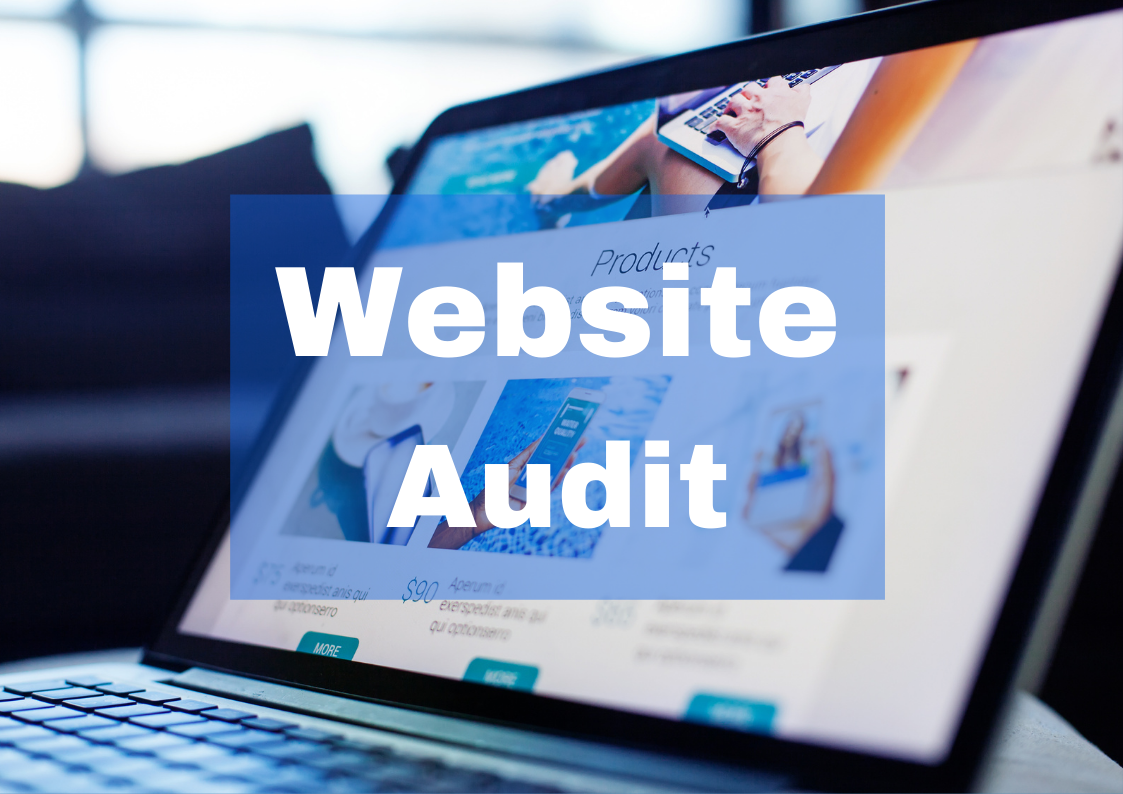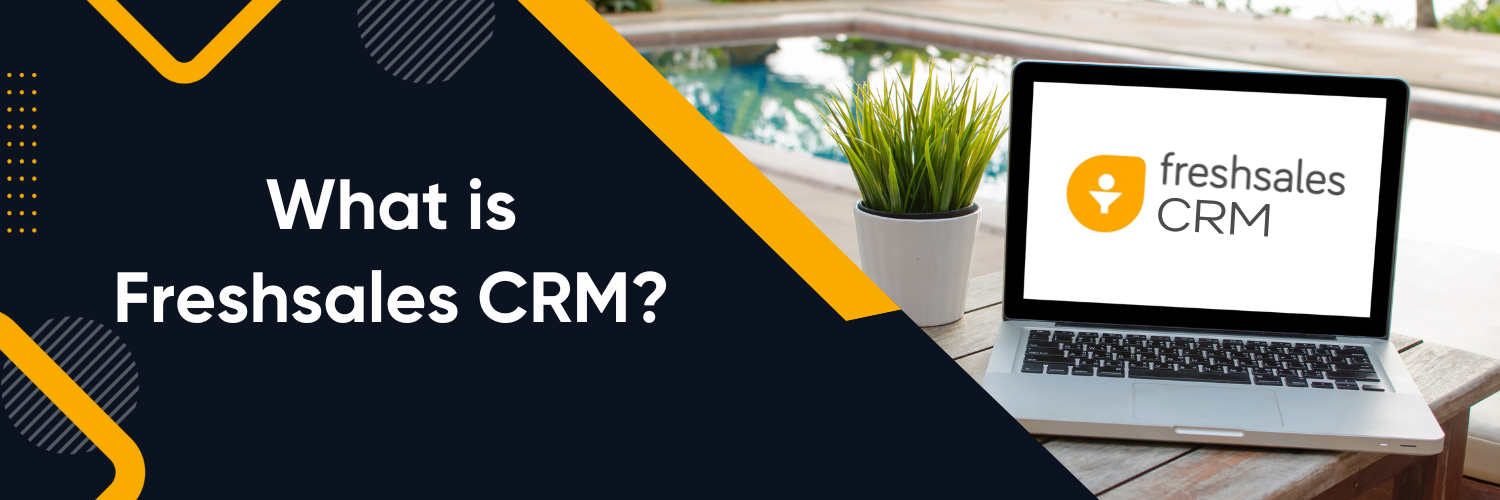Website Audit Tools That Can Help You
Website audit tools are software tools that help you by showing you metrics about a site’s traffic, usability, security and more. Many tools can help you do website analysis, audits and SEO. It might seem daunting to figure out which ones to use for your site, but it’s worth the time spent to get the most out of your website. Below is a list of tools that can help you do site analysis, audits and SEO.
Free Website Audit Tools
1. HubSpot’s Website Grader
Website Grader is a website audit and analysis tool that provides insights on how to improve your website. It was created by HubSpot, one of the leading marketing automation providers in the world.
A HubSpot Website Grader score is a percentage of your website’s overall performance. At UDS as we are a Diamond HubSpot Partner we have direct access to the HubSpot Website Grader tool and you can find it embedded here on our website.
2. Google Search Console
It shows how Google sees your website and the search terms people used to find it. You can use this information to improve your website’s ranking in search results.
The Google Search Console dashboard provides an overview of your website’s performance on Google Search, including:
– The number of impressions and clicks your site has received
– How often your site appears in search results
– Which keywords caused people to click through to your site
– Your average position for each keyword
3. Google Analytics
It is the most widely used website statistics service. Google Analytics is now the most commonly used traffic analysis tool.
Measuring conversions from different channels (AdWords, organic search, referrals, etc.) allows business owners to better understand how their marketing campaigns are performing and which channels generate the most revenue.
4. UpCity Free SEO Report Card
The report card grades your website on 20 different factors, from basics like title tags and meta descriptions to more advanced areas like sitemaps and canonical URLs. You can also use the report card to compare your website against up to five of your competitors.
If you’re looking for a more comprehensive analysis of your website’s SEO, UpCity offers a range of paid plans that include detailed reports, competitor analysis, and customised recommendations.
5. Bing Webmaster
Bing Webmaster is a suite of tools that allows you to submit your website for indexing, track your website’s search engine performance, and optimise your website for better visibility on Bing.
The following are some of the features offered by Bing Webmaster:
· Submit your website for indexing: You can use this tool to submit your website or individual pages for indexing.
· Track your website’s search engine performance: This tool allows you to see how well your website is ranking in Bing search results, as well as track clicks, impressions, and average position.
· Optimize your website for better visibility on Bing: You can use this tool to get feedback on how well you’re optimizing your site for Bing and find out what keywords people are using to find your site.
6. Google Trends
The tool offers data on how often particular terms are being searched for relative to other words. You can also see how interest in a topic has changed over time.
The results will show you how often each keyword has been searched over time and related topics and countries.
Paid Website Audit Tools
SEO is one of the most important aspects of online marketing, and it’s no secret that to rank high in search engine results pages (SERPs), you need to use the right tools. Paid SEO tools can be a precious investment for businesses who want to ensure their website is always up-to-date with the latest algorithm changes and trends.
What many people don’t realise, however, is that paid SEO tools often offer automatic updates whenever there are any changes to the algorithms – ensuring that your efforts are always as effective as possible. In addition, many of these tools offer a great deal of flexibility and customisation, giving you more control over your website’s optimisation.
Of course, there are many different paid SEO tools on the market, and it can be hard to know which one is right for you. We’ve put together this comprehensive guide to some of our favourite paid SEO tools – complete with free trials and discounts!
Finally, we’d like to remind our readers that using paid SEO tools can be incredibly helpful, nothing beats doing your research and putting in the hard work yourself. With that being said, we hope you enjoy this guide and happy SEOing!
1. HubSpot SEO Marketing Software
A website audit is a type of analysis that helps you identify areas of your site where it could be improved. It can also help spot potential errors, vulnerabilities, and security threats.
2. SEMrush
These features include competitor analysis, site audits, keyword research, and more.
This allows you to see how your site is performing against your competition and make changes as needed to improve your ranking.
It has a wide range of features that can cater to any user level, from beginner to expert. And with its competitive pricing, it’s one of the most affordable options on the market today
3. KWFinder
It offers two main features:
1) A huge database of keywords with monthly search volumes and CPC data;
2) SERP analysis for each keyword, spy on your competitors and see who ranks where for which keyword.
It’s perfect for bloggers, small business owners, and anyone else looking to do some basic keyword research.
4. GrowthBar
It offers a wide range of features, including competitor analysis, backlink tracking, on-page optimisation, and more. In addition to its paid subscription plan, GrowthBar also offers a free trial, so you can explore its capabilities before committing to a purchase.
It offers an impressive array of features at an affordable price, and the free trial lets you try it out before committing.
5. Woorank
Woorank is a website audit tool. Users can use the free service to do a keyword search, find broken links and more, all on their websites. Three paid plans offer full access to more tools and features.
6. BuzzStream
BuzzStream is a search engine optimisation (SEO) software tool that allows users to audit websites, analyse website content and SEO tactics, create shareable reports and gain feedback from clients.
7. Moz Pro
The package includes Moz’s flagship tool, MozBar, and several other tools that can help you research keywords, track your site’s rankings, and analyse your competitor’s strategies.
It offers a wide range of features at a reasonably affordable price point, and it’s backed by Moz’s team of experienced SEO experts. Moz Pro is definitely worth considering if you’re looking for an all-in-one SEO solution.
8. Linkody
Linkody is a website analysis tool highlighting how competitive your site’s natural ranking position is. It provides an in-depth, first-hand look at the factors involved with search engine ranking and a list of actions you can take to improve your website’s position.
9. Keyword Hero
It offers a suite of tools to help you find profitable keywords, spy on your competitors, track your website’s ranking progress over time, etc.
10. SpyFu
With SpyFu, you can see what keywords your competitors are targeting, what ads they’re running, and how much traffic they generate. You can also see which pages on their websites are getting the most organic and paid traffic and where their backlinks are coming from.
When to optimise your website
The most important question is which option will provide the best return on investment (ROI). When done correctly, PPC campaigns can drive relevant traffic to your site and help you achieve your business goals. However, PPC can be expensive and requires ongoing maintenance to ensure you’re getting the most out of your investment.
It’s important to note that there is no “one size fits all” solution for SEO. What works for one business may not work for another—understanding which tactics will work best for you and your unique situation.
How to globally optimise your website
This can be done by targeting specific countries with the correct language and cultural settings or using global SEO tactics that work regardless of location.
Once you know which countries you want to target, you need to research the best way to reach those users. This may include translating your website into local languages, creating country-specific versions of your website, or targeting specific popular keywords and phrases in those countries.
Use global analytics tools to compare traffic from different countries and make changes to your strategy as needed. International SEO is an ongoing process; you may need to adjust your approach as new trends emerge in different countries.
Comprehensive website audit
A comprehensive website audit is a critical step in ensuring the security and performance of your website. Many different tools are available to help you with this process, each with its benefits and drawbacks. YSlow Performance Audit is a free tool that identifies 23 performance rules typically found in Drupal-based websites. The tool highlights common issues for those with a Drupal-based website, such as page speed and memory usage.
The free vulnerability scanner offered by WPScan.com offers a quick but comprehensive scan of potential issues. It includes options to scan for malware, vulnerabilities, and spam comments.
Search engines rely on many factors to rank a website. While there is no one-size-fits-all solution, using these tools can help you improve your site’s ranking.
Mobile SEO Audit Tools
Mobile SEO is becoming more and more critical as we move into a world where more and more people are using their phones to access the internet. To make sure your website is performing well on mobile devices, it’s important to use a mobile SEO audit tool.
One great tool for doing this is MobileMoxie. It provides information on how your website ranks on different devices and in other cities. This can be especially helpful if you’re trying to do local SEO and aren’t physically located in your target area.
The MobileMoxie SERP checker also compares how your website looks on different mobile phones. This can be very helpful for quickly identifying any problems with how your site appears on mobile devices. There’s a limit of three free uses per day, so it’s perfect for extensive testing purposes!
Local SERPs exist for any city globally and are available in virtually any language. The user can scroll through the local SERPs to view results in various languages. This makes it easy to see how your website is performing internationally.
1. Google Mobile Website Speed Testing Tool
The tool measures how quickly your website loads and provides feedback on ways to improve page speed. Simply enter your website’s URL, and the tool will test the page loading speed on both Android and iPhone devices. The results will show you how long it took for your website to load and how many requests were made and what the size of the page was.
You can also see how your website performs compared to others regarding page loading time.
If you’re looking to improve the performance of your website on mobile devices, be sure to check out Google’s Mobile Website Speed Testing Tool.
2. Google’s Mobile-Friendly Test
Google has introduced a new test to determine if your website is mobile-friendly. If it sounds too good to be true, that’s because it can take up to four months for this test to be completed. You can try out the mobile-friendly test by visiting Google’s website and inputting a URL or your site that you would like to check.
3. Mobile-First Index SEO Page Audit
It is well-known that mobile page rankings are more important than desktop ones. It is also necessary for website owners to audit their web pages to optimise them for both desktop and mobile search engines. With the help of this website audit tool, you can efficiently perform a comprehensive site analysis with just one click.
4. Varvy SEO Tool
It’s simple to use and provides excellent insights into your website’s mobile optimisation status.
The tool is divided into four sections: General, Mobile Usability, PageSpeed Insights, and Viewport & Meta Tags. Each section of the tool contains a variety of checks that you can run on your website to help improve its mobile usability, page speed, and metadata configuration.
Why buy multiple domain extensions?
When you need to do an audit of your website, it is best to have a variety of different extensions if one doesn’t work. Extensions are much cheaper than buying new domains, and they make it easier to switch if you have found a better option.
Conclusion
A website audit is a complete analysis of your site, including technical SEO (search engine optimisation) issues and content quality. And the right website audit tools are really the game-changer for your business. It will help you solve the problems you are experiencing and make your workflow easier and faster. Know the right one that will fit your business needs and everything else will fall into the proper place.
If you want to know more about how to do a website audit, we recommend you reach out to experts that will help you with your needs. Ubique Digital Solutions is a Diamond HubSpot Partner that is made up of an amazing team of experts who will help you address your common digital marketing and website issues. Contact UDS now and boost your website presence successfully.
















